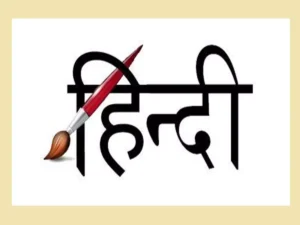The Sociology syllabus for the UPSC (Union Public Service Commission) examination is divided into two papers: Paper-I and Paper-II. Below is the breakdown of the Sociology syllabus paper-wise:
Paper-I:
- Sociology – The Discipline:
- Sociology as a science: Definition, Nature, and Scope of Sociology, Sociology and Common Sense, Sociology and other Social Sciences, Relationship with Anthropology, Psychology, and Political Science.
- Sociology and its relationship with other disciplines: History, Economics, Geography, and Social Work.
- Research Methods and Analysis: Scientific Method, Research Design, Sampling, Tools and Techniques of Data Collection, Processing, and Analysis of Data, Basic concepts of Statistics, Sociological Research in India.
- Sociological Thinkers:
- Sociological Thinkers: Karl Marx, Emile Durkheim, Max Weber, Georg Simmel, Talcott Parsons, Robert K. Merton, and their contributions to the development of Sociology.
- Indian Sociologists: G.S. Ghurye, M.N. Srinivas, Yogendra Singh, Dipankar Gupta, Andre Beteille, A.M. Shah, and their contributions.
Paper-II:
- Social Structure:
- Stratification and Mobility: Concepts, Theories of Stratification (Marxian, Weberian, and Neo-Marxian), Social Mobility, Caste, Class, Race, and Ethnicity.
- Works and Economic Life: Social Division of Labor, Formal and Informal Sectors of Economy, Labor and Society, Industrialization, Globalization, and Unemployment.
- Political Processes: Power, Authority, and Legitimacy, Political Culture, Political Parties, Pressure Groups, Electoral Processes, Civil Society, State, and Society, Democratization, Secularization.
- Social Change and Development in India:
- Perspectives on Development: Modernization, Dependency, and World System theories, Gandhian and Marxian perspectives on development and social change.
- Rural and Agrarian transformation: Agrarian structure, Green Revolution and its impacts, Rural Development, Land Reforms in India.
- Industrialization and Urbanization: Growth of Industries, Urbanization trends, Urbanization and Urbanism in India, Urban issues, Slums, Urbanization and Sustainable Development.
- Education and Health: Education and Social Change, Education Policy, Health and Society, Health Policy in India.
- Interventions in Societal Development:
- Social Movements: Types of Social Movements, Theories of Social Movements, Women’s Movements, Environmental Movements, Backward Class Movements, Human Rights Movements, Globalization and Social Movements.
- Population Dynamics: Population Growth, Population Policy, Demographic Transition, Population Control Measures.
- Environment and Society: Ecological Issues, Environmental Movements, Sustainable Development, Environment and Society in India.
This breakdown provides a detailed overview of the Sociology syllabus for the UPSC examination. Candidates opting for Sociology as their optional subject should thoroughly study each topic to perform well in both Paper-I and Paper-II.





